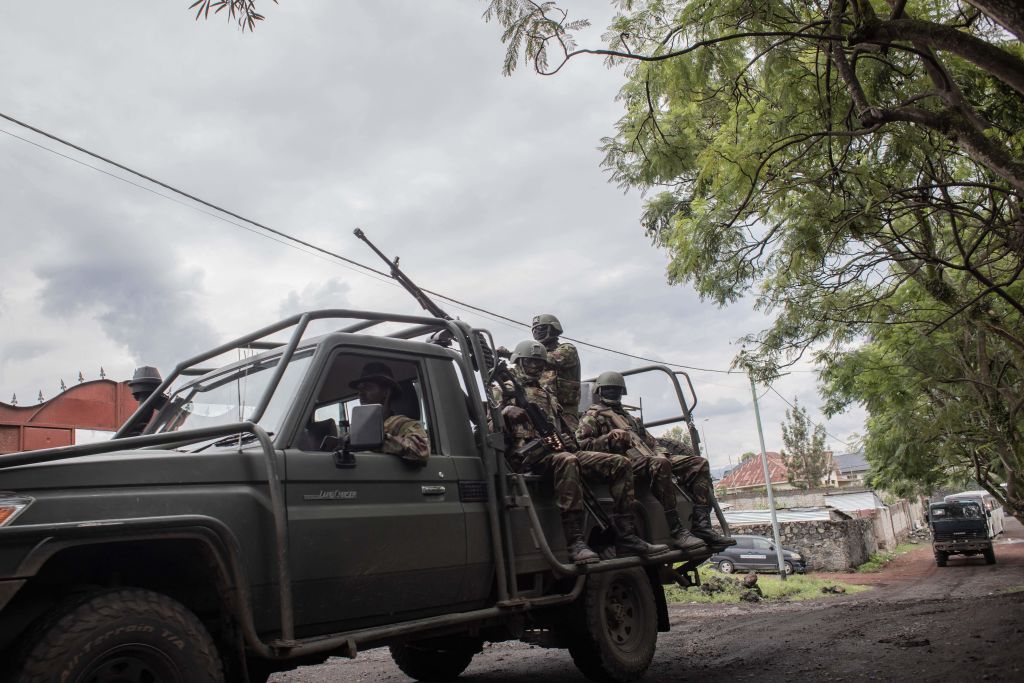ADF STAFF
After years of dormancy, the Eastern Africa Standby Force (EASF) is ready to deploy its collective military, police and civilian specialists when called upon, the force’s leadership announced recently.
Speaking during the annual meeting of EASF nations, Kenyan Chief of Defence Forces Gen. Francis Ogolla called for a combined effort to maintain regional stability by confronting ongoing terrorism threats, rebellions within some of its members’ borders and growing tensions between other members.
“We find ourselves in the midst of complex geopolitical dynamics, transnational threats, and emerging challenges that demand a unified and collaborative response,” Ogolla said.
The EASF includes members from Burundi, Comoros, Djibouti, Ethiopia, Kenya, Rwanda, Seychelles, Somalia, Sudan and Uganda. The EASF is one of five such forces created across the continent to support the African Union’s African Standby Force in homegrown peacekeeping efforts.
Unlike other forces, the EASF is not tied to a regional economic community, a fact that can create conflict for some members that overlap with regional organizations such as the Southern African Develop Community (SADC).
The deployment of troops to address conflicts in member states in recent years has fueled opposition to the EASF, which some critics see as a potential threat to national sovereignty.
Challenges to the EASF’s mandate caused leaders to reexamine the way the force operates. That resulted in criticism that the EASF has been reduced to “more of a bystander,” analyst Robert Gichangi Kabage wrote in 2020 in the International Journal of Scientific and Research Publications.
In mid-2023, Sudan refused to allow the deployment of EASF troops in response to the ongoing war between the Sudanese Armed Forces and the paramilitary Rapid Support Forces that is devastating the country.
In place of the EASF, East African Community nations deployed a joint force against M23 rebels in the eastern Democratic Republic of the Congo (DRC) in 2022. At the end of 2023, the DRC ejected East African troops after accusing Rwandan forces of collaborating with M23. DRC President Félix Tshisekedi replaced East African forces with troops from the SADC.
As Tshisekedi expelled East African troops from North Kivu, Kenyan President William Ruto said East African countries were not abandoning the conflict in the eastern DRC.
“We are going to work with our brothers in SADC to develop a methodology for how that situation is handled in a manner that respects the wishes of the people of the DRC,” Ruto said in response to the expulsion.
Ogolla said the EASF is reworking its guiding principles to address concerns about national sovereignty and to revise its operational policy so it can respond more quickly to crises and be seen as a problem-solver. The new approach calls for leading with diplomatic efforts to resolve conflicts and humanitarian issues before deploying military or security teams.
“Over the years, the challenges facing our region have evolved, requiring us to adapt and innovate in our strategies in defense and security,” Ogolla said.

